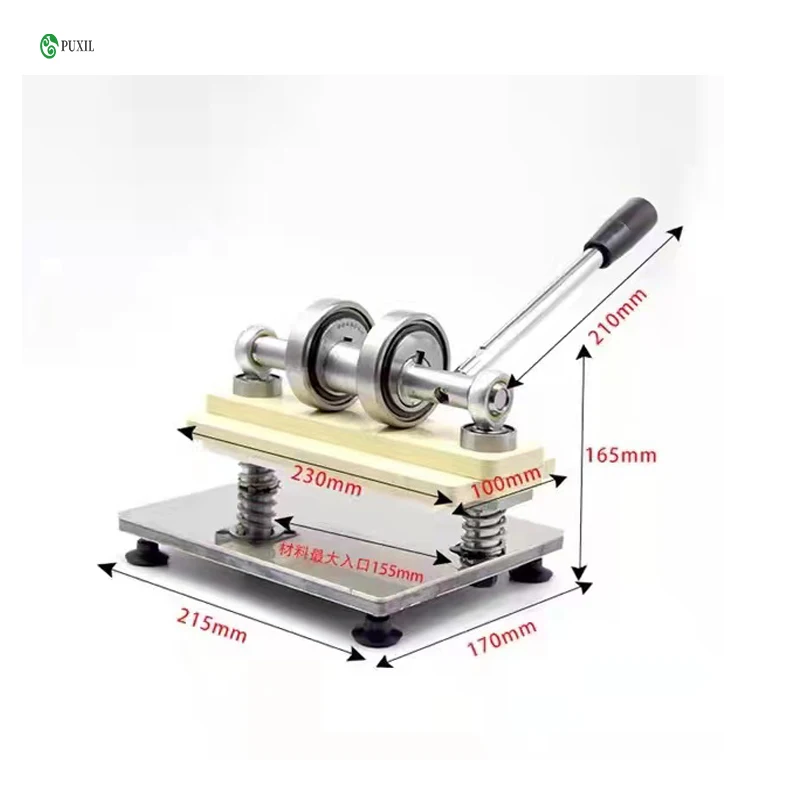Lectrosonics R400A Digital Hybrid UHF Diversity Receiver, Frequency Block 23

The R400A is a high performance table-top UHF receiver fully compatible with all Lectrosonics 400 Series Digital Hybrid Wireless transmitters, 200 Series and 100 Series analog transmitters and IFB transmitters, plus some analog transmitters from other manufacturers (call Lectrosonics for details). It features 256 user selectable frequencies and its proprietary audio processing includes a digital signal processor (DSP) for very low distortion, a superior signal to noise ratio and two independent audio outputs, one balanced and one unbalanced. The receiver features a menu-driven graphic LCD display as a convenient means of viewing and altering user settings. • Digital Hybrid Wireless Technology• SmartTune auto frequency selection • SmartDiversity enhanced reception• 256 selectable UHF frequencies• Low Noise, High Gain RF Front End• Independent Balanced XLR and Unbalanced 1/4 inch audio outputs• Compatibility with analog transmittersDigital Hybrid Wireless is a revolutionary design that combines digital audio with an analog FM radio link to provide both outstanding audio quality and exemplary, noise-free RF performance. Using a patented algorithm to encode 24-bit digital audio information in the transmitter into an analog format, the encoded signal is then transmitted over an analog FM wireless link. At the receiver, the signal is then decoded to restore the original digital audio. This process eliminates compandor artifacts and produces an audio frequency response flat to 20 kHz. SmartTune A major problem facing wireless microphone users is finding clear operating frequencies, especially in RF saturated environments. SmartTune effectively overcomes this problem by automatically scanning all the frequencies available in the receiver's frequency block and tuning the receiver to the frequency with the lowest RF interference, significantly reducing setup time. SmartDiversity Microprocessor controlled antenna phase combining keeps the receiver small, yet still able to deal effectively with multipath dropouts. SmartDiversity analyzes both the incoming RF level and the RF level's rate of change to determine the optimum timing for phase switching and the optimum antenna phase. This adaptive technique operates over a wide range of RF levels to anticipate dropouts before they occur. The system also employs "opportunistic switching" to analyze and then latch the phase in the best position during brief squelch activity. SmartSquelch Conventional squelch design faces several compromises:• Squelch too aggressively and audio may be lost• Squelch too little and excessive noise may be heard• Respond too rapidly and the audio will sound "choppy."• Respond too sluggishly and entire words or syllables can be cut off.SmartSquelch overcomes these problems by:• Waiting for a complete word or syllable before squelching• Assessing recent squelching history and RF signal strength• Assessing audio content to determine available masking.By dynamically adjusting squelching behavior under varying conditions, the R400A delivers acceptable audio quality from otherwise unusable signals. Compatibility Modes The R400A receiver was designed to operate with Lectrosonics 400 Series transmitters and will yield the best performance when doing so. However, the flexibility of digital signal processing allows the unit to able to operate with Lectrosonics 200 Series, 100 Series and certain non-Lectrosonics transmitters in special compatibility modes. SmartNR In order to increase the effective dynamic range of the system, the R400A is equipped with a Smart Noise Reduction algorithm, which removes hiss without sacrificing high frequency response. SmartNR works by attenuating only those portions of the audio signal that fit a statistical profile for randomness or "eLectronic hiss." SmartNR offers significantly increased transparency over the sophisticated variable low pass filters used in previous designs. Desired high frequency signals having some coherence such as speech sibilance and tones are not affected. DSP-based Pilot Tone The 400 Series system design uses a DSP generated ultrasonic pilot tone to control the receiver audio muting (squelch). By sensing the pilot tone and incorporating brief delays when the matching transmitter is turned on or off, thumps, pops and other transients are successfully eliminated. The pilot tone frequency is different for each of the 256 frequencies in the tuning range (frequency block) of a system, which simplifies the coordination of multi-channel wireless systems. The DSP generated pilot tones also eliminates fragile crystals, allowing the receiver to survive shocks and mishandling much better than older analog-based pilot tone systems. Independent Audio Outputs The R400A offers both Balanced (XLR) audio output and Unbalanced (1/4-inch jack) Line Out and Monitor output for the ultimate in flexibility. Both outputs operate independently and are each controlled by their own digital attenuator. Because the Unbalanced Output can drive Low-Z headphones to a modest level, it can also be used for system monitoring.
Customers also viewed















































